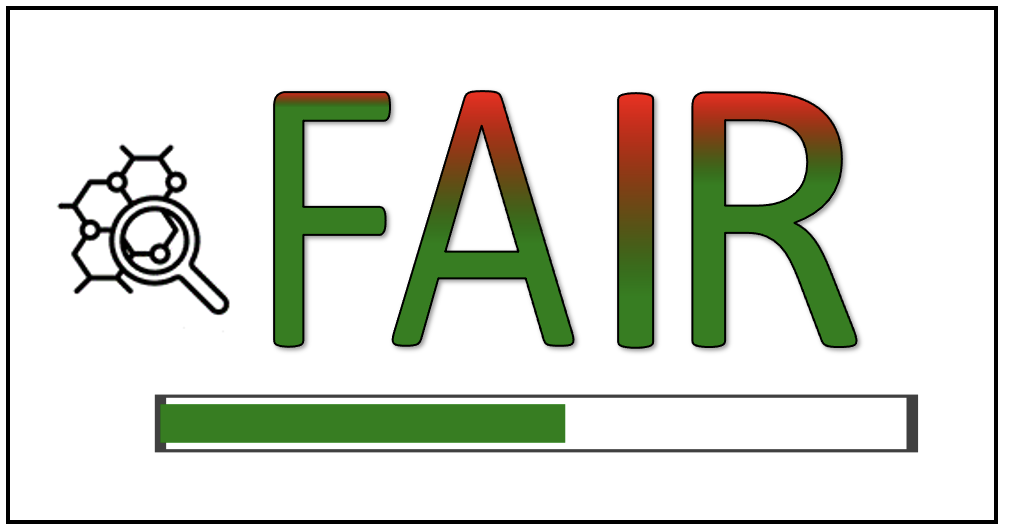The workshop involves theoretical lectures and practical sessions on analysis techniques for dealing with Next Generation Sequencing (NGS) data, including an introduction to programming for the study of large data sets of HIV and other genomic data. It will introduce working in Linux and R statistical programming. Various topics on NGS analysis e.g. de novo genome assembly, annotation, SNP calling, HIV-1 drug resistance mutation genotyping, population genetics/phylogenetics etc will be covered. Tools for data visualization and analysis e.g. Galaxy, e-Biokit among others will also be introduced. Usage of open source technologies will be encouraged.
Designed for Scientists, graduate students, postdoctoral research fellows, and exceptional undergraduates in the region to become familiar with NGS data handling and analysis techniques.
The objective is to introduce bioinformatics analysis techniques for dealing with Next Generation Sequencing (NGS) data. After this workshop participants should be able to:
- Attempt using Linux based platforms for analysis
- Have a good familiarity with R and conducting statistical tests within R
- Assemble and analyze NGS genome data
- Perform HIV-1 drug resistance mutation genotyping
- Perform various phylogentics analysis for viral transmission, evolution and other studies
- Use the e-Biokit and other resources for bioinformatics analysis
Classroom applications
Participant applications
Syllabus and Tools
Participants will learn about Linux, R programming, NGS assembly, annotation, and population genetics of genomes using various data visualization and analysis tools.
Participants will need to work through the following resources to enable them to gain the most from the workshop:
http://www.ee.surrey.ac.uk/Teaching/Unix/
http://www.r-tutor.com/r-introduction
This workshop will only provide a foundation for continued learning in NGS bioinformatics and will not make you an expert in bioinformatics or NGS analysis.
Training materials for this course are not currently available.





